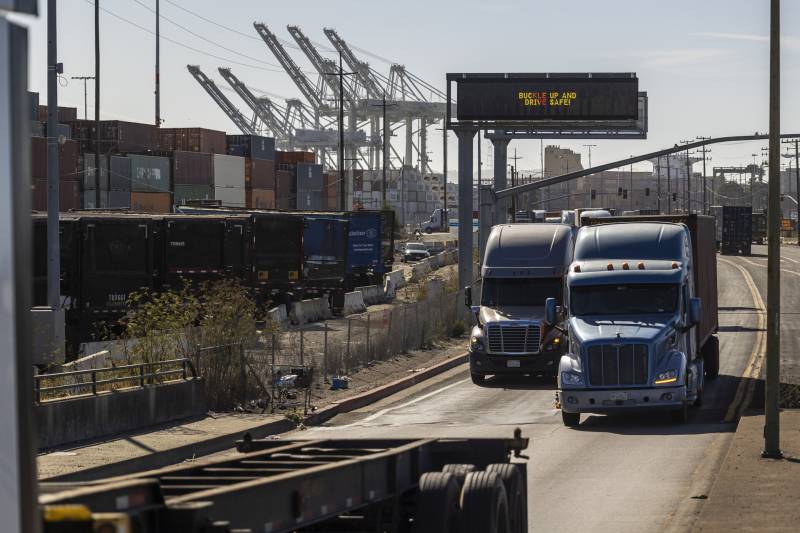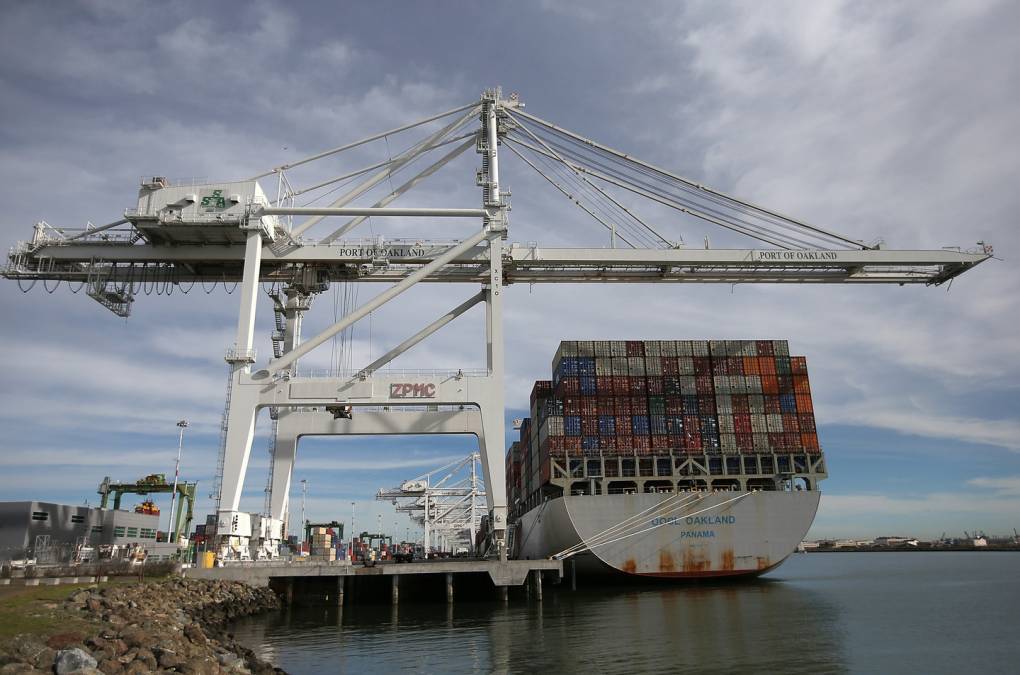“We applaud the court’s refusal to reward the would-be coal terminal developers with the massive payoff they sought by suing the City,” Ted Franklin, an organizer with the activist group No Coal in Oakland, said in a statement. But he also acknowledged the battle to come.
The extended development deadline is “setting the stage for a renewed campaign to keep coal out of Oakland,” Franklin said. “We are ready for the fight.”
Franklin’s group is among a handful of local environmental justice organizations that have long opposed a prospective coal terminal, citing concerns over increased levels of pollution from coal dust and truck exhaust that would disproportionately impact already hard-hit communities of color in West Oakland.
“If the developers decide to move forward with their plan to put a polluting coal export terminal in the Port of Oakland, even in light of the court’s decision, they can expect a long, uphill battle,” Ben Eichenberg, an attorney with San Francisco Baykeeper, said in a statement, following Tuesday’s order. “For over a decade, frontline communities have demonstrated their resolve to keep this poisonous project out of West Oakland, and the Oakland city council and city attorney’s office have remained steadfast in opposing it every step of the way.”
Wise’s latest decision follows her ruling last month, when she sided with Oakland Bulk and Oversized Terminal LLC (OBOT) and its owner, Phil Tagami, ruling that the city had improperly terminated its lease in 2018 when it claimed the group had missed key construction deadlines.
In its suit against the city, Tagami’s group also accused officials of blocking access to necessary documents related to the project, which it argued created costly delays.
The judge then gave the group a choice between restoring its lease with the city, with the new deadline or taking just under $320,000 and walking away from the project altogether.
The group opted to renew the lease, but it continued to press for the $159.6 million in damages it had originally sought — an effort the judge quashed on Tuesday.
OBOT’s attorney did not respond to a request for comment.
The city of Oakland could still choose to appeal the court’s decision to stop the project from moving forward.
“Although we appreciate that the trial court ultimately correctly rejected OBOT’s attempts to obtain hundreds of millions of dollars in damages that it is not entitled to under the contract or law, the City’s position remains that the court erred in making its initial finding in favor of OBOT on the City’s and OBOT’s dueling breach of contract claims,” Oakland City Attorney Barbara Parker said in an email.”The City will continue to evaluate all of its legal options as it pursues its rights to bring this longstanding dispute to final resolution.”

